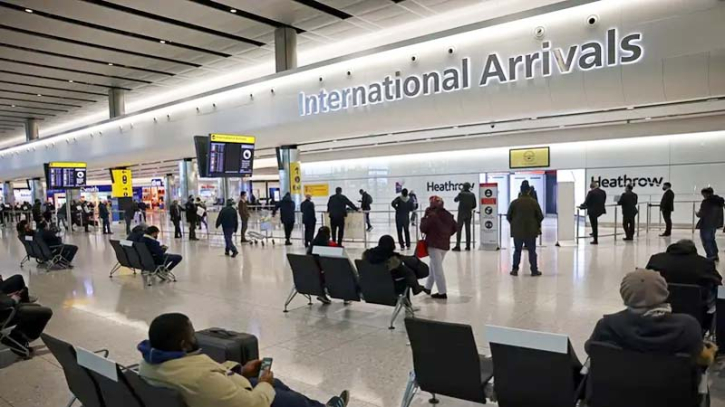UK Struggles to Attract High-Skilled Foreign Workers Despite Efforts

The UK is facing challenges in attracting high-skilled foreign workers, as many professionals are opting for countries like France and the Netherlands instead. Despite government efforts to boost economic growth through skilled migration, data from job-search website Indeed reveals that only 20% of international clicks on British job postings are for high-wage positions—those in the top third of wage brackets. This is the lowest proportion among ten advanced economies studied, with only Spain performing worse.
Foreign workers are showing significant interest in the UK job market, but their preferences do not align with the government’s goals. While 40% of clicks from abroad are for lower-paid positions, the UK government’s policies seem to be discouraging low-skilled migration. This discrepancy raises concerns about the effectiveness of current immigration policies.
The low interest from highly qualified foreign professionals poses a challenge for the new Labour government, which aims to position Britain as a leader in economic growth within the Group of Seven. Migration remains a critical issue for voters, and Prime Minister Keir Starmer has pledged to reduce reliance on foreign labor by enhancing domestic training. However, key sectors like IT and engineering are still struggling with staff shortages, making it crucial for Labour to balance domestic training improvements with the need to attract international talent.
Pawel Adrjan, economic research director for EMEA and APAC at Indeed, noted, “Although there has been increased foreign interest in UK roles, the country lags behind other Western nations in attracting highly skilled workers. This discrepancy contrasts with the government’s immigration policies.”
According to Indeed’s report, France and the Netherlands are leading in attracting high-skill workers, with more than a third of clicks from abroad directed toward top-paid jobs in these countries.
Since leaving the European Union in 2021, stricter immigration rules may have made the UK less appealing to high-skilled migrants, though overall interest in UK jobs has increased. Interest levels on Indeed are 54% higher than before Brexit and the pandemic, with the number of work permits issued three times greater than in 2019.
Sectors like food preparation and retail have seen a notable rise in overseas searches. UK jobs are particularly popular among workers from India, Pakistan, the US, and the UAE.
However, domestic workers in the UK are considering opportunities abroad. Many believe that relocating would enhance their lifestyle, increase their income, and offer better career prospects.
Indeed's findings also suggest that smaller economies are often more attractive to foreign workers. Luxembourg, for example, stands out for its multilingual environment, financial sector job opportunities, and high number of cross-border employees.
Adrjan concluded, “As borders become less significant for workers, businesses and countries must offer not only competitive salaries but also excellent living conditions, robust health care and education systems, and political and economic stability. Immigration policies need to align with these objectives.”
 (5).png)








